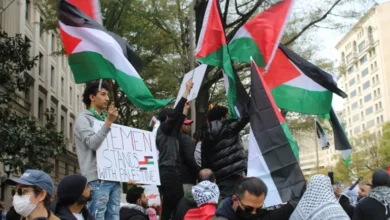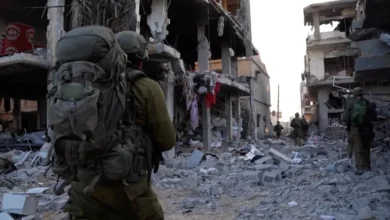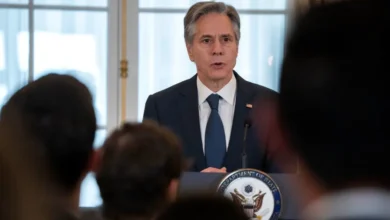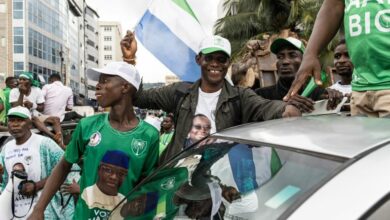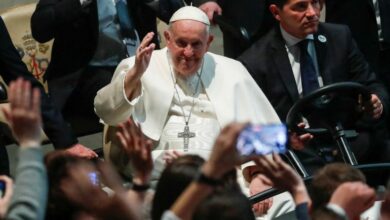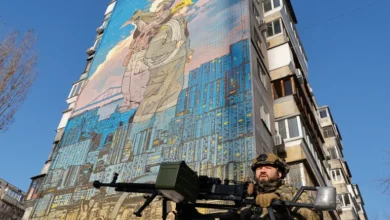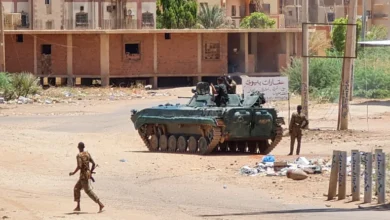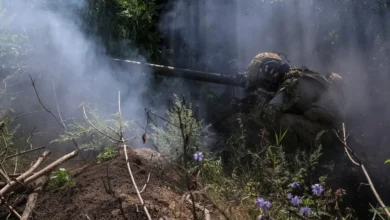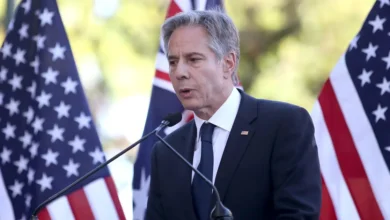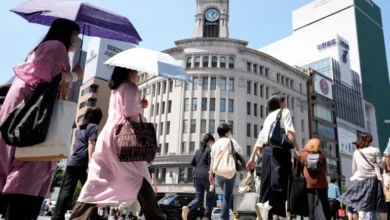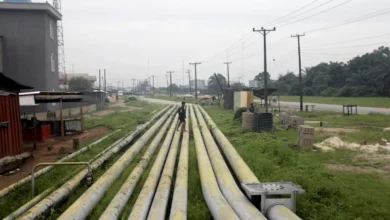Determined Palestinian youth pledge to fight for liberation
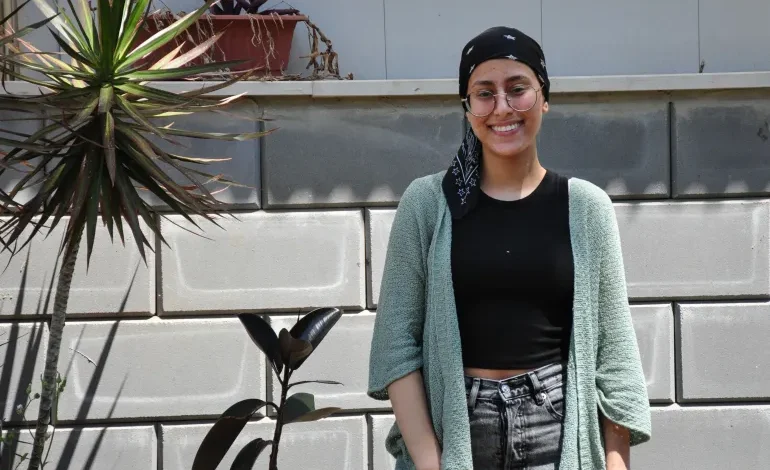
Seventy-five years after Palestine was ethnically cleansed and Israel was created by the Zionist movement, young Palestinians say that Israel’s creation came at their expense, and that the Nakba — or catastrophe — is a process of dispossession that never ended.
More than 760,000 Palestinians fled or were expelled from their homes in 1948 when Israel was created, an event Palestinians call the Nakba and mark each year on May 15. Israelis celebrate it as their “independence day”.
The three million Palestinians in the occupied West Bank and East Jerusalem, 40 percent of whom are refugees from the areas that became part of Israel in 1948, face near-daily killings, nightly military raids into their homes, arbitrary arrests, home demolitions, denial of residency, and the theft of their land for Israel’s 200-plus Jewish-only colonies.
The Gaza Strip, where some two million Palestinians live, has been rendered uninhabitable as a result of a suffocating, 16-year blockade, where Israel controls who and what is allowed to enter and exit, and at least six large-scale military assaults that have killed thousands of Palestinians, including hundreds of children.
On the 75th anniversary of the Nakba, Al Jazeera spoke to eight Palestinians between the ages of 20 and 35 about what they think of the situation on the ground and their hopes for the future.It’s very difficult to see their “independence” celebrations in Lydd. As someone living in a “mixed city”, you have Jewish neighbours, you know them, you work with them and study with them, but you see that there is something deeper here. They have taken your land, your country, killed your loved ones, and they are celebrating. They are celebrating our Nakba and our pain. This is how we live.Nothing can be acceptable or legal if it comes at the expense of another people, of me and my people, my grandmother and my grandfather.
In Lydd today, there is poverty, there is crime and shootings on a daily basis, and there is unbelievable discrimination that terrorises you over who you are and your cause and nationalism, so it pushes you away from this completely.
I think very few people are patriotic in Lydd. I think there are inbuilt systematic policies in Lydd that try to make people ignore and forget who they are and what their cause is. It’s about how I can secure food for my children today, and how I can protect them from both the police and also from our neighbour who can shoot us. This is the situation in Lydd. It’s very difficult.
After the events of May 2021 [when historic protests erupted in which Palestinians across Israel and the occupied territories, and even refugees, mobilised and marked a turning point in Palestinian unity], there became a lot of political and national awareness. People began to realise that it is not by coincidence that there are so many killings in Lydd. They understood that this is part of a wider systematic policy against us as Palestinians.In the last few years, there have been people martyred in our neighbourhood. One of my friends, Mohammad Ghneim, 20, was killed. Another youth, Mohammad Salah, 15, was killed. They were both shot in the back, for no reason. There were no confrontations when they were killed.
I live in the area of Khader in Bethlehem at the top of a hill. Twenty metres (66 feet) away from our house, there is the separation wall and there is a military checkpoint. The soldiers and their jeeps are there every day, all day.
When I am sitting on the balcony with my family, the soldiers are there watching over the whole neighbourhood with their weapons pointed at us. When there are confrontations with youth, stun and tear gas grenades would fall into our balcony.
We are talking about organised, militarised violence. It’s an army, but it practises the violence practised by gangs, on a daily basis. Those who carry out crimes here are dressed in military uniform and they are not held accountable or punished.
The ease with which the occupation army can reach you cancels out any feeling of safety you are supposed to have. They come and raid your house at 3am. There is nothing to deter them and there is nothing you have to protect yourself from them.
We are living in a fictional state – a state under occupation. There can be no Palestinian state under occupation. Is it just about taking pictures of the pretty buildings and nice malls in Ramallah? At the end of the day, I’m going to stand at a checkpoint to go from one area to another.On May 14, 2018, I was shot [by the Israeli army] in the thigh, leading to lacerations in the bone.
It was the day when they carried out a massacre in Gaza during the Great March of Return protests. We were standing as a group. Everyone was there that day – men, women, children, families – everyone. They started shooting at us indiscriminately. We fell as a group. I fell with five or six other people. Someone was shot in the head, someone in the limbs. We all had different injuries.
I spent 11 to 12 months in treatment and I was considered someone with a disability. I couldn’t eat on my own, I couldn’t get dressed on my own. The bullet paralyzed my entire body.
I decided to participate in the protests because at the time I was a fresh graduate. The Gaza Strip is besieged and we are under occupation. There is no income, no opportunities for travel, no horizon for 25- or 26-year-olds – like thousands of other young males in the Strip. We wanted a solution to our problems, no matter what happens. We wanted to break the siege. We wanted to get our voice to the entire world. Gaza is the largest prison in the world.
On a personal level, I do not think that this state should have any metre of control over any part of this land. They came – occupied, stole, killed, arrested, and destroyed our society – from our ancestors to this generation.
How do they celebrate independence when they basically wiped out an entire people and country? Stole our lands, our rights. It is so ironic.

